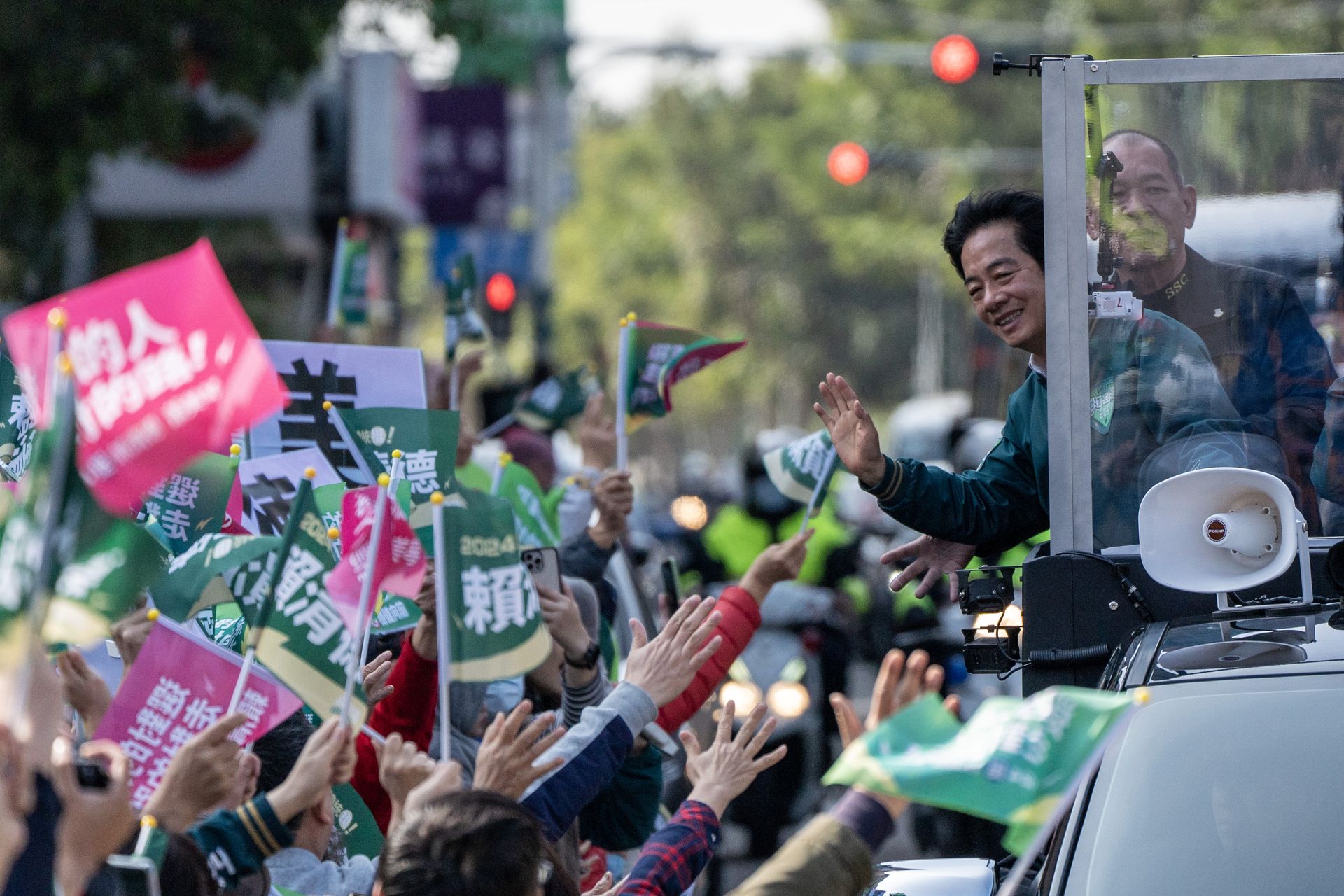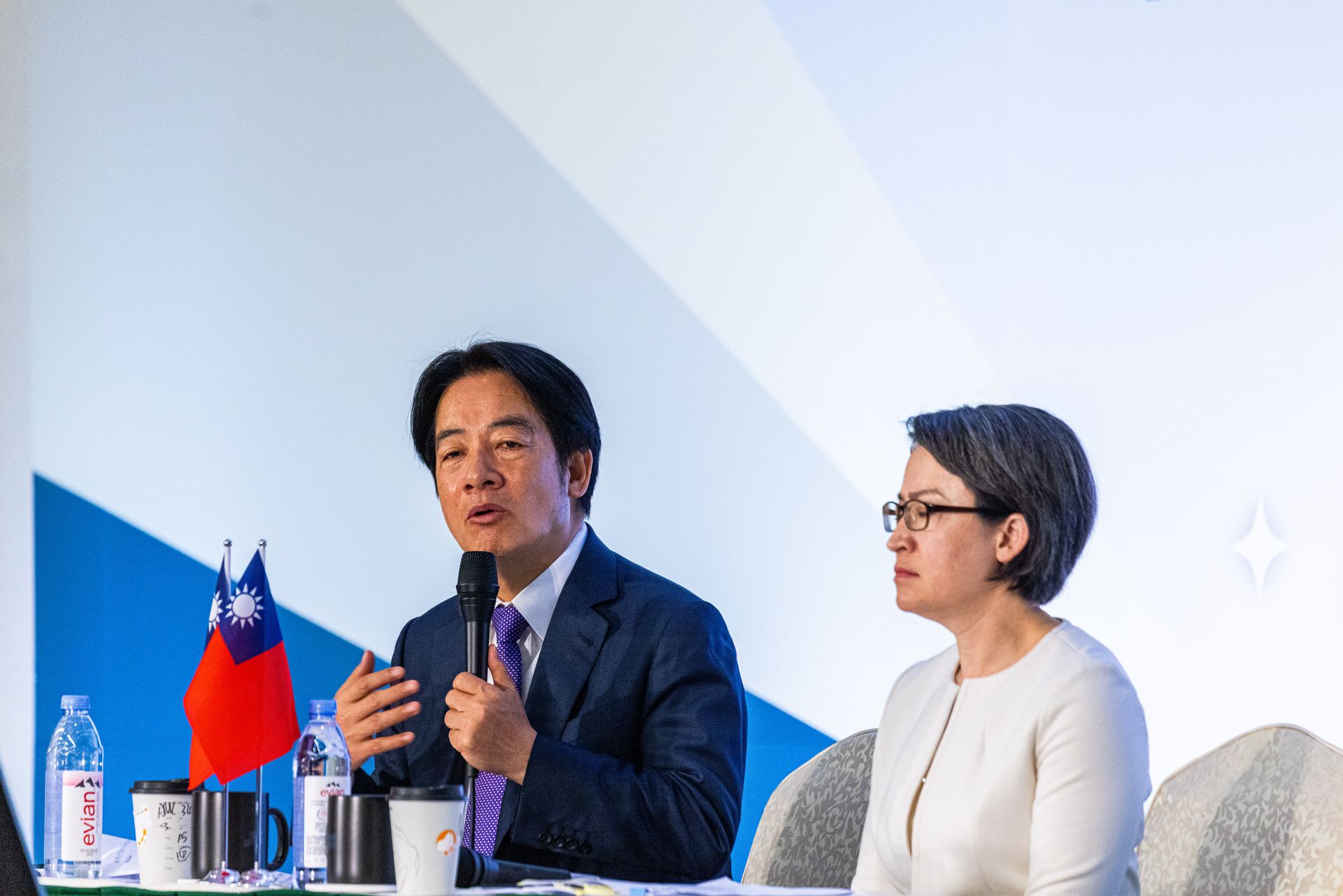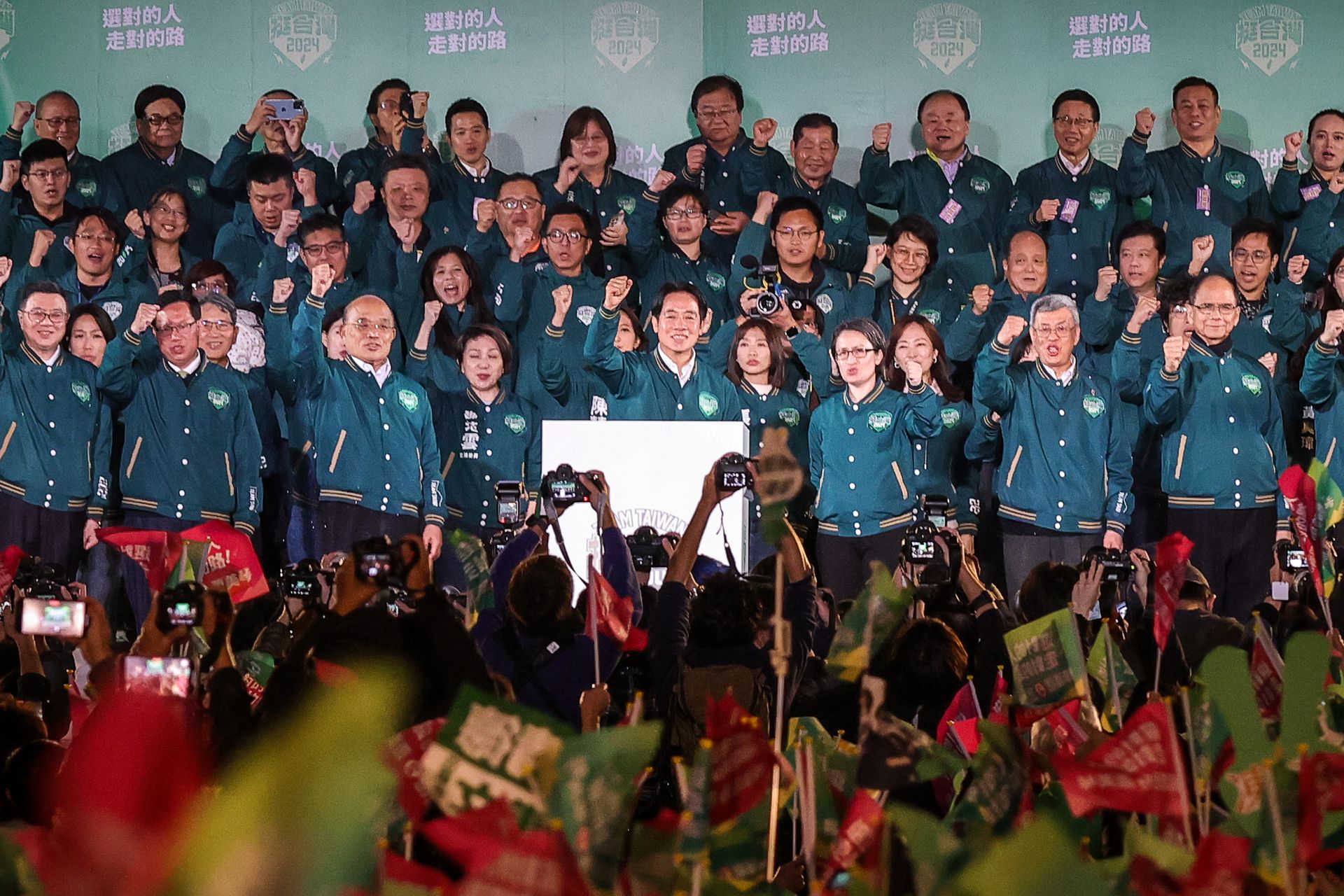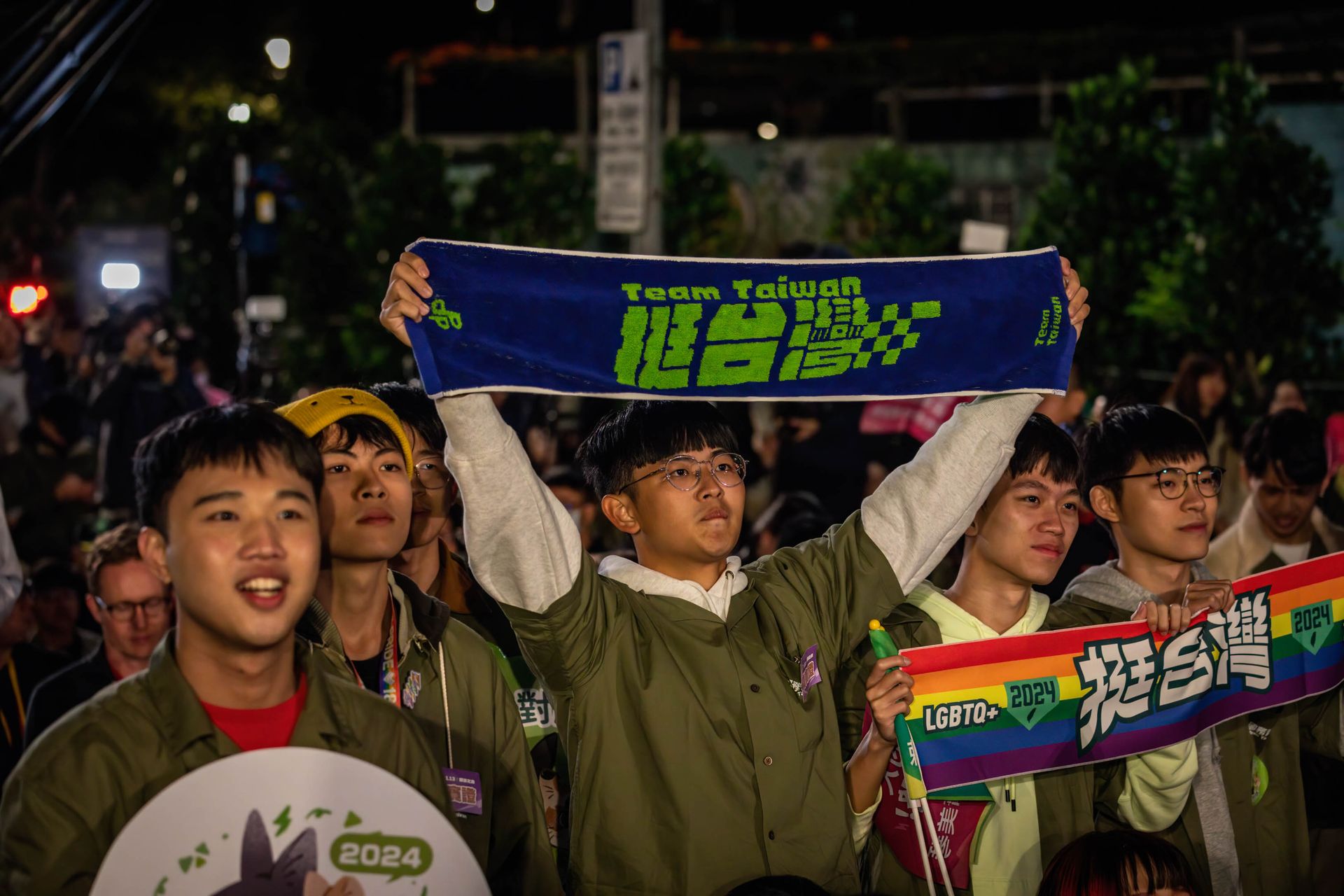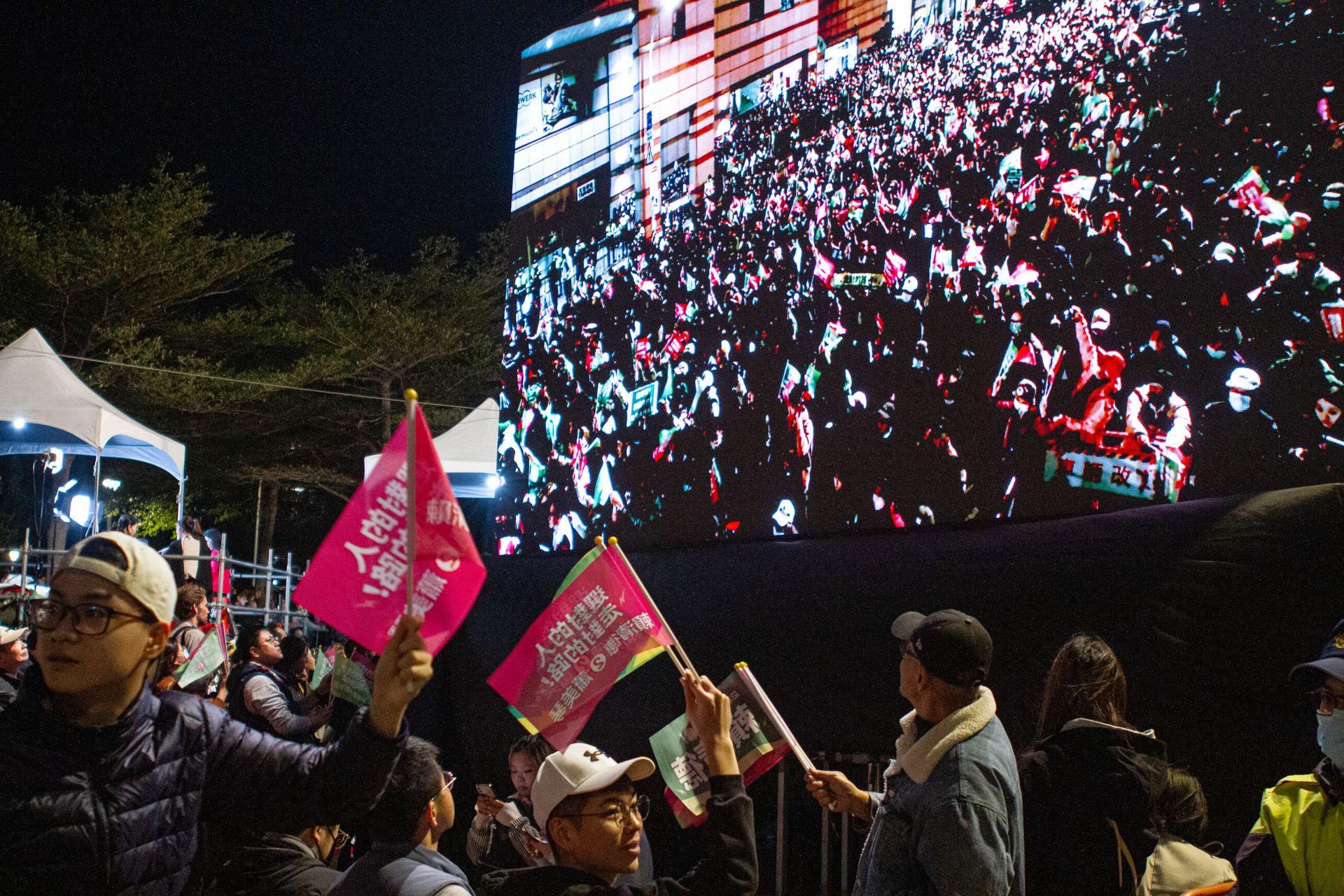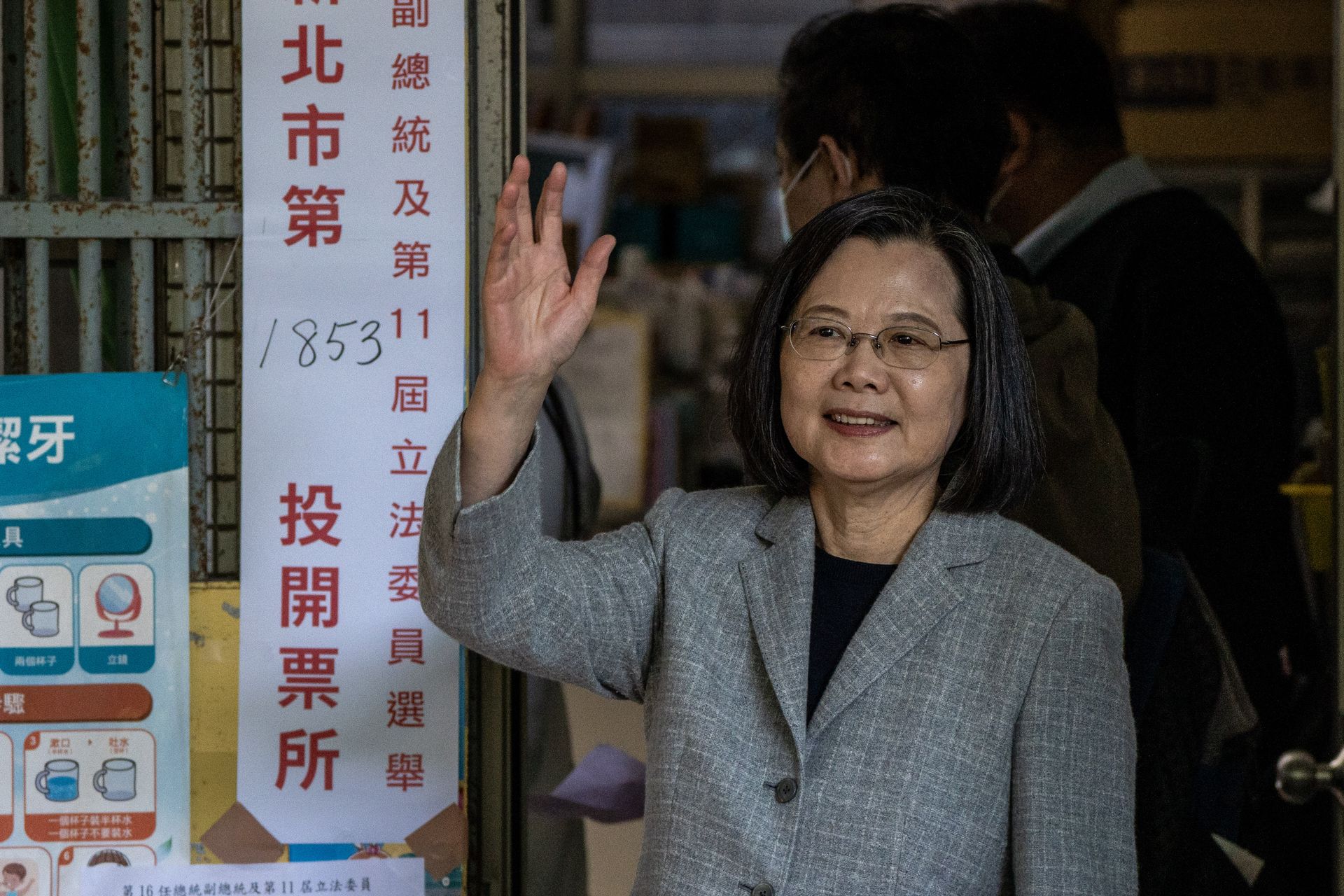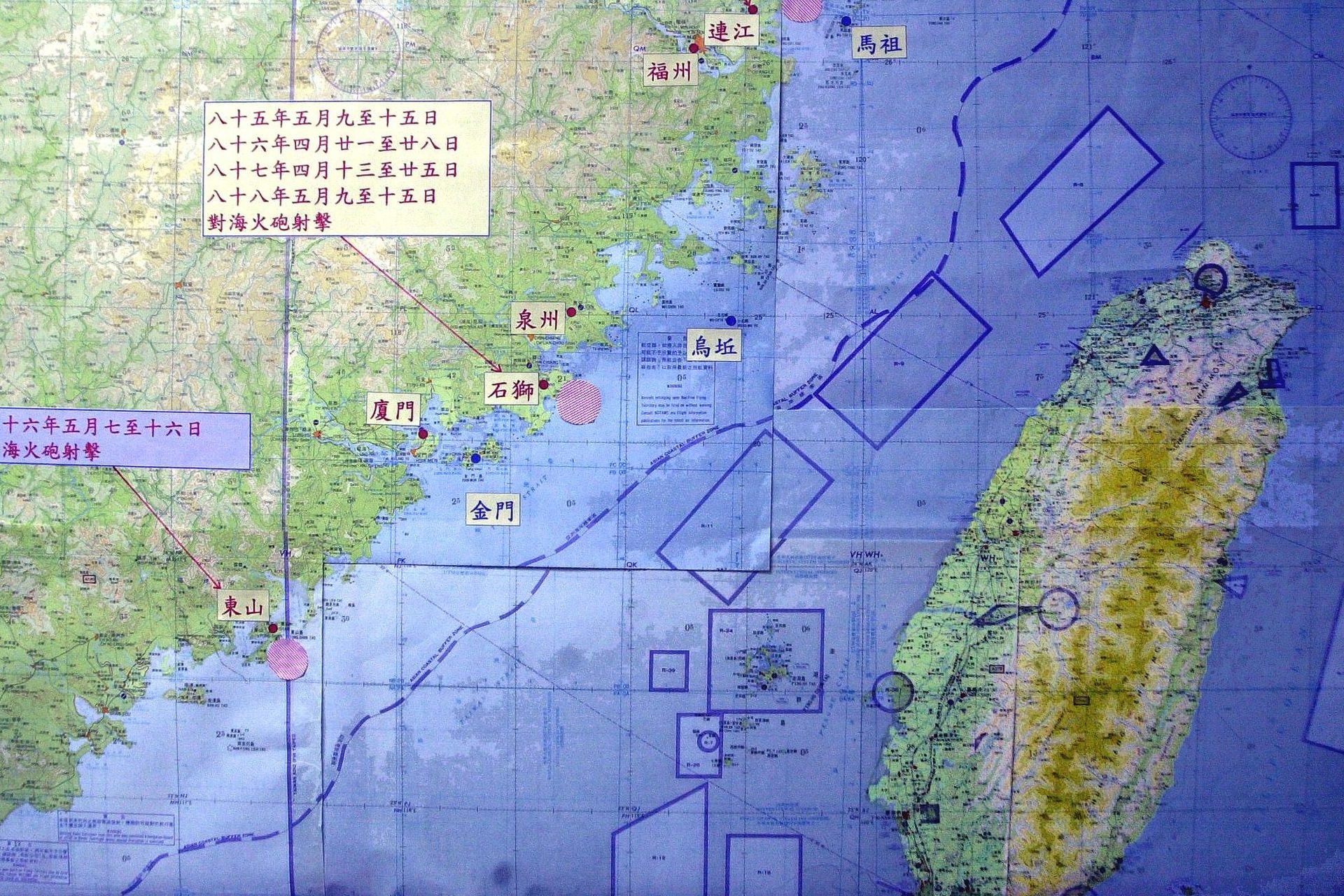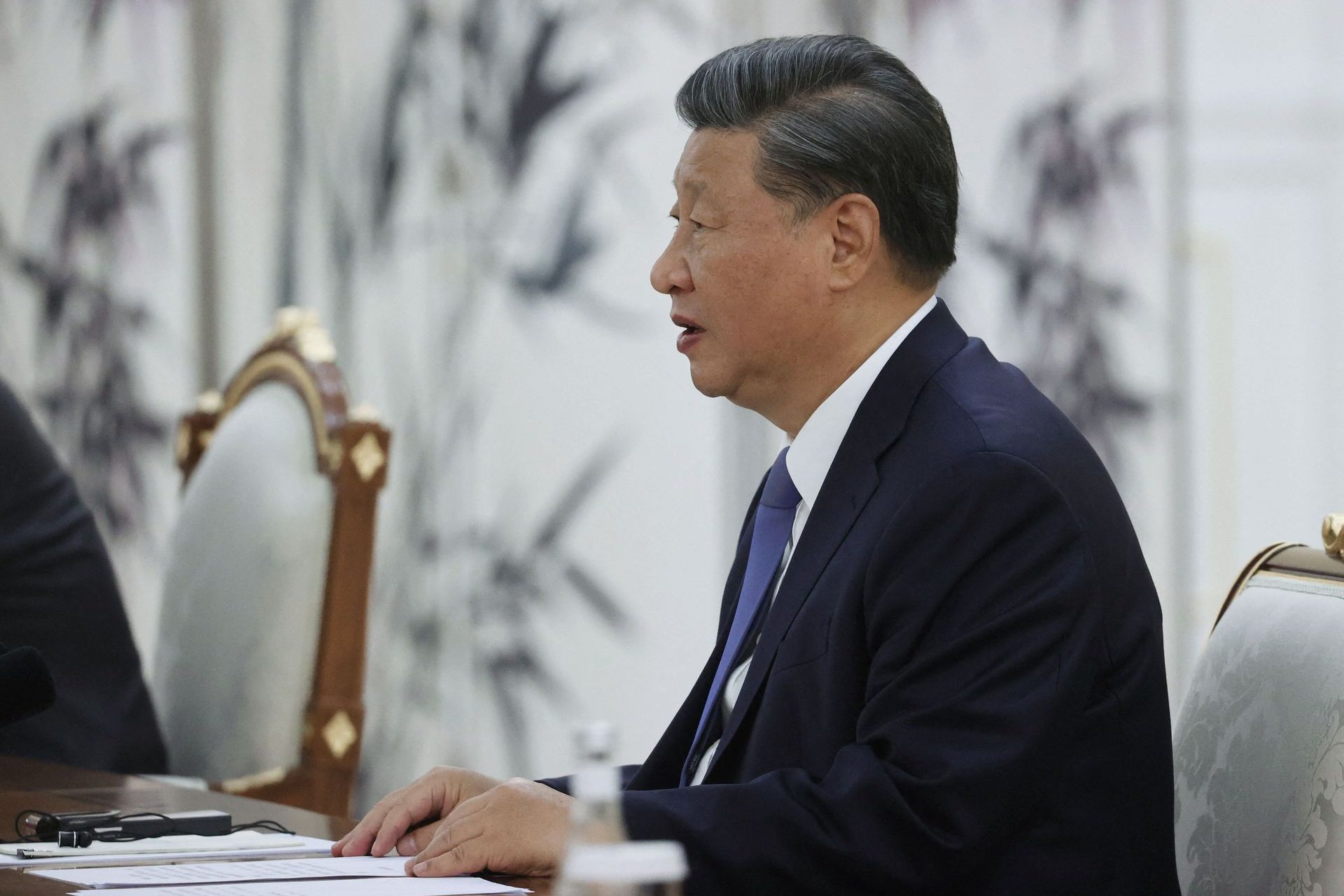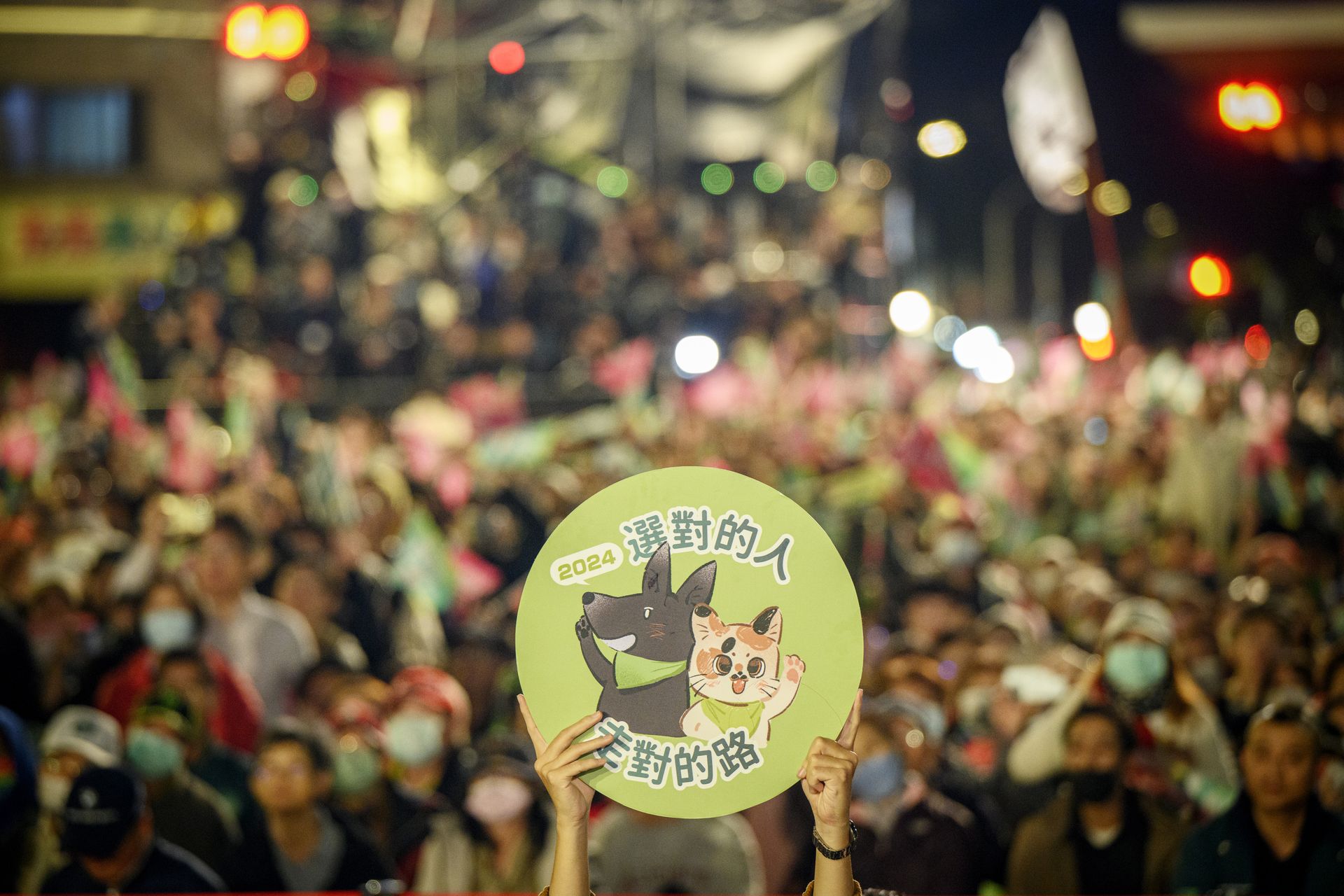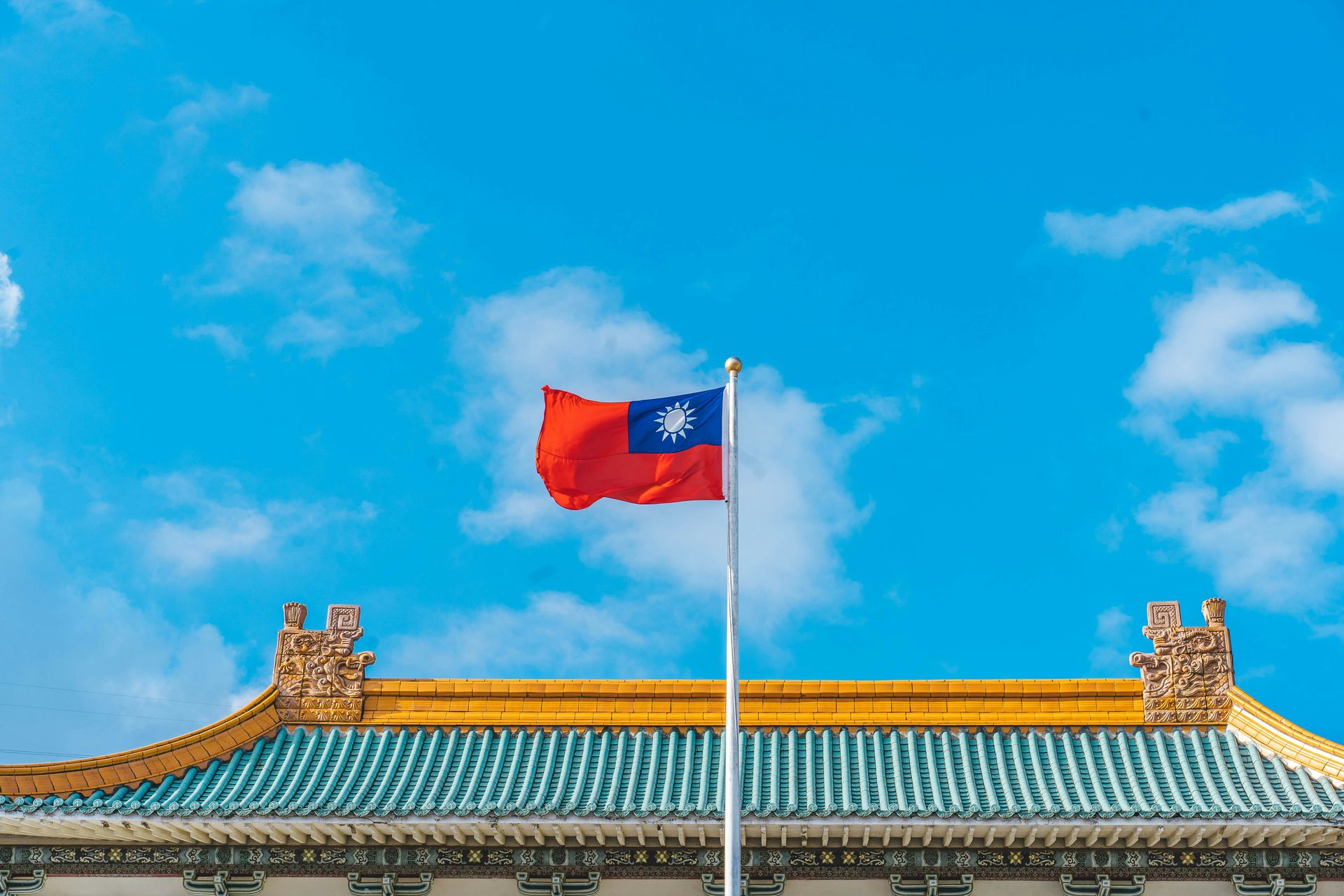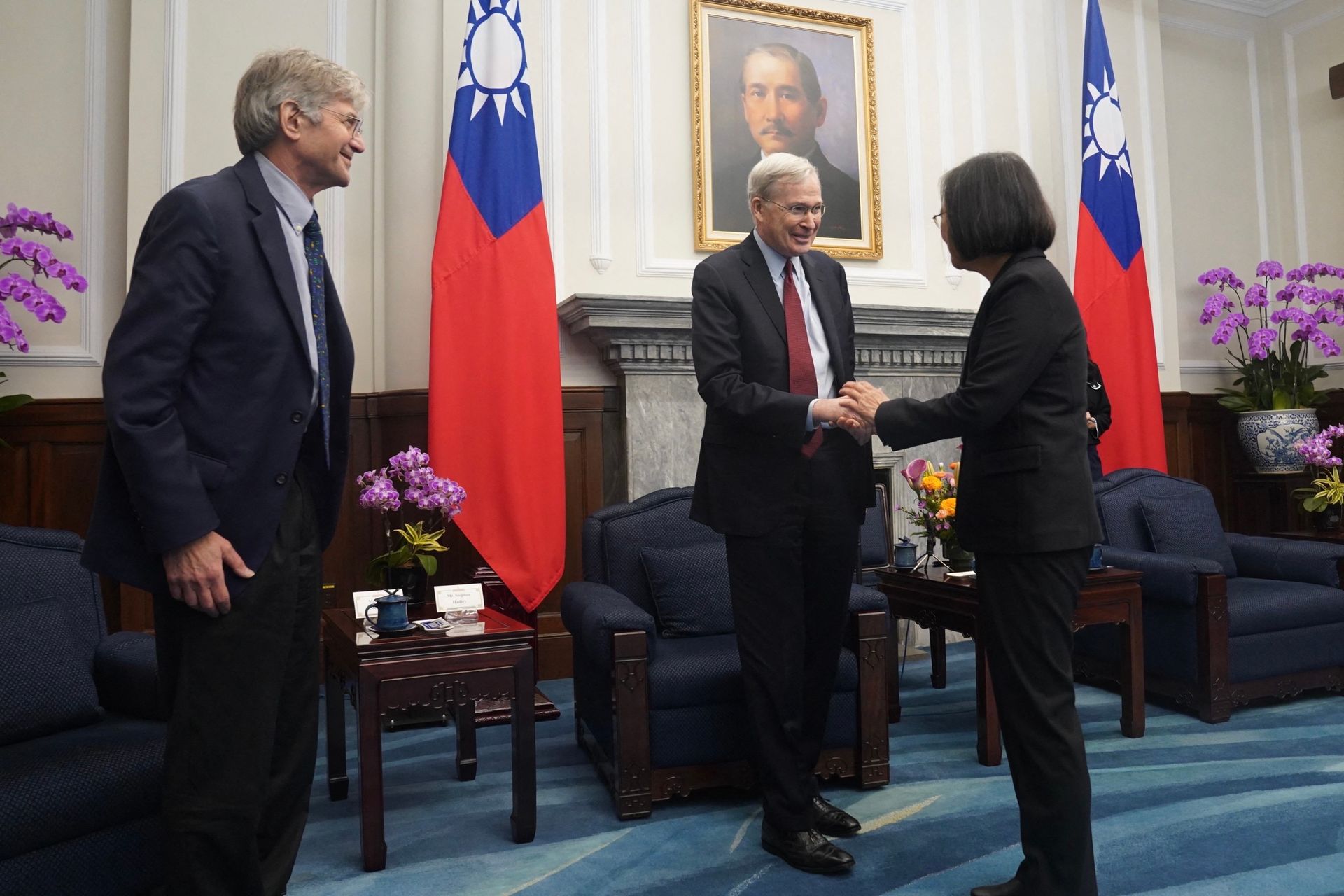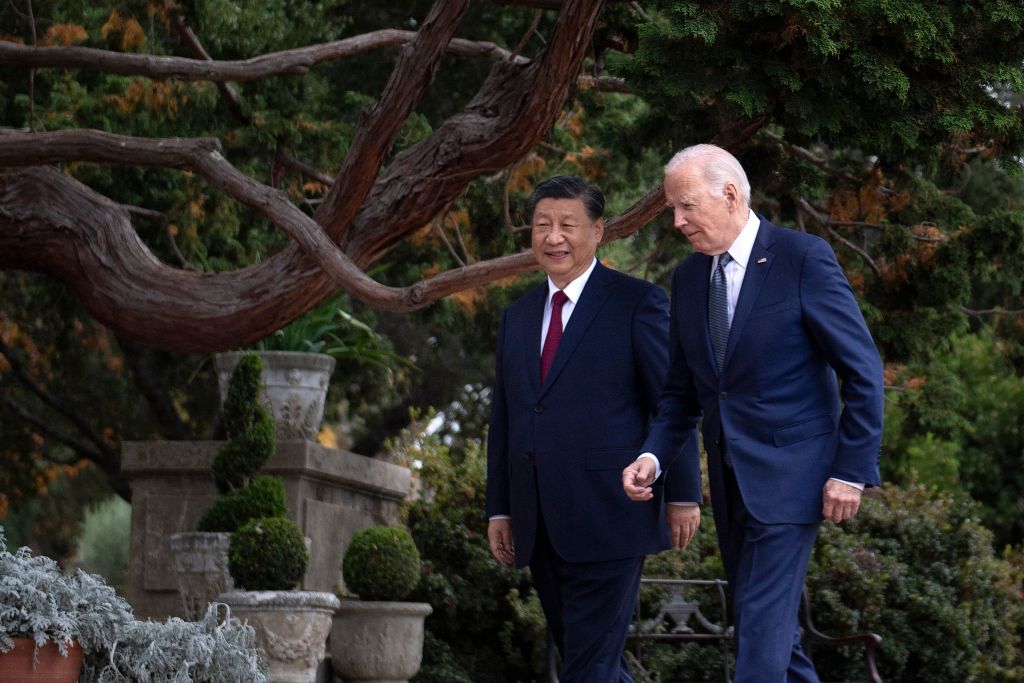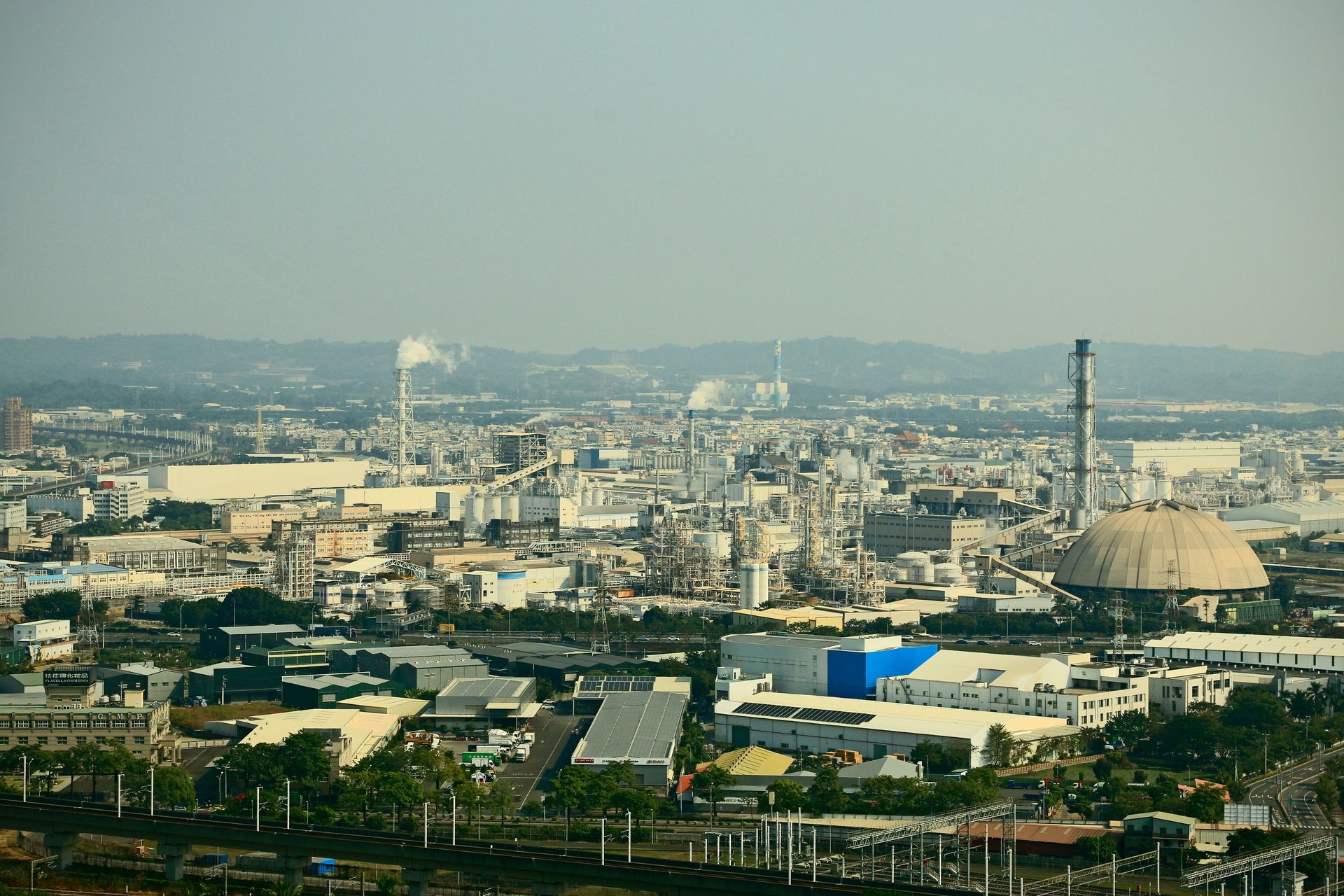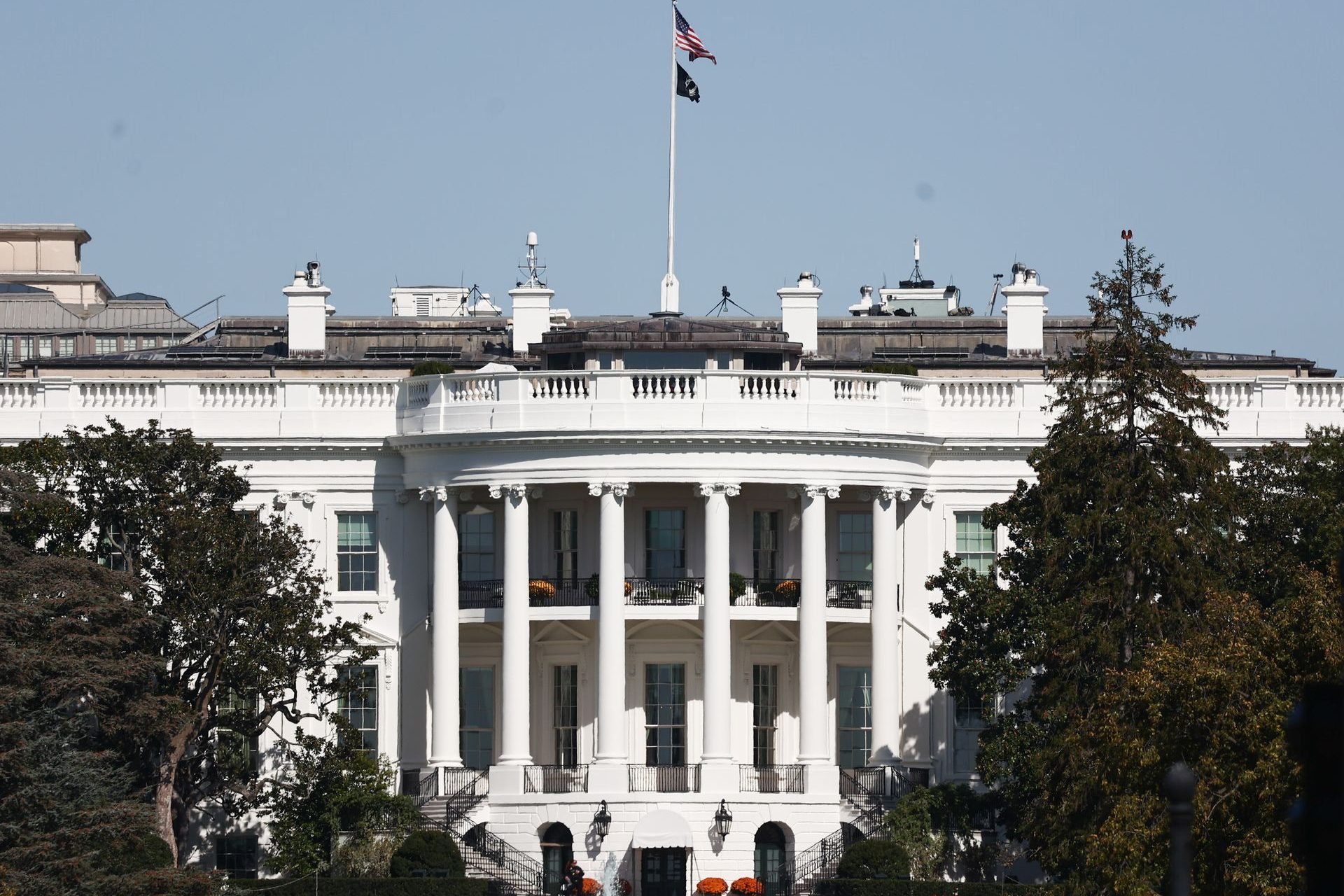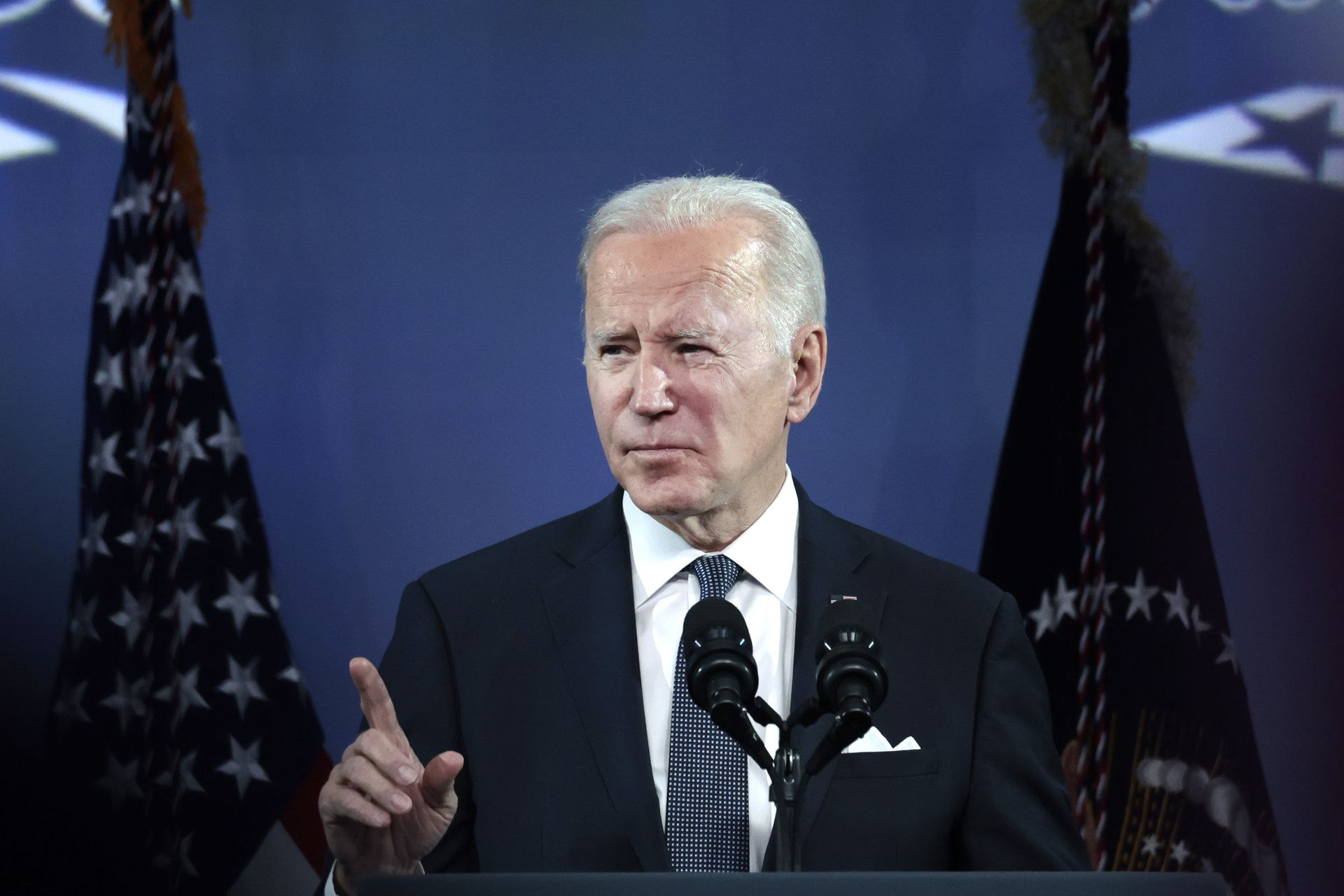Taiwan: electoral victory increases tensions with China
Lai Ching-te, known in the West as William Lai, won the presidential elections in Taiwan by an estimated score of 40.1% of the vote on January 13, 2024.
This is a new victory for the Progressive Democratic Party (PDP), a supporter of the country's independence and fiercely opposed to Chinese interference.
“Between democracy and authoritarianism, we choose to be on the side of democracy,” declared the president-elect, quoted by 'France 24'. William Lai will take office on May 20.
The PDP, therefore, remains in power and becomes the first party to win three consecutive presidential elections. The outgoing president, Tsai Ing-wen, came from the same party, but she did not have the right to run again after two terms.
"The younger generations are very opposed to Xi Jinping", the Chinese leader, indicates Fang-Yu Chen, professor of political science at Soochow University in Taiwan, as quoted by 'Slate'. "They consider the idea that Taiwan and China are two separate countries is only natural and find that the DPP resists China very well."
This electoral victory is, however, only relative because the PDP lost its parliamentary majority during the legislative elections, which took place on the same day. The party only managed to get 51 seats, compared to 52 for the Kuomintang party, which favors rapprochement with China.
As 'Euronews' recalls, William Lai's predecessor to the Taiwanese presidency had been elected four years earlier, with 57% of the votes.
Unsurprisingly, China reacted negatively to the election result. This vote "will not hinder the inevitable trend of reunification with China", declared Chen Binhua, a spokesperson for the Chinese office responsible for relations with Taiwan, quoted by 'Euronews'.
“We (...) will firmly oppose separatist activities aimed at the independence of Taiwan as well as foreign interference,” added this Chinese official.
@Hung Li / Unsplash
Beijing has always considered Taiwan to be a simple province to be reunited with its territory...by force if necessary.
Quoted by 'France 24', William Lai promised his fellow citizens to "protect Taiwan from China's continued threats and intimidation."
@Timo Volz / Unsplash
“The Ministry of Foreign Affairs calls on the Beijing authorities to respect the results of the election, face reality and desist from repressing Taiwan," declared the Taiwanese authorities in a press release, also quoted by 'France 24'.
Taipei further claims to have received congratulations from more than 50 states around the world, including 12 diplomatic allies.
@Romeo A / Unsplash
American support was immediate, even if it did not come from the highest levels of government. An informal delegation, including former national security adviser Stephen Hadley and former deputy secretary of state James Steinberg, is expected on the island.
The Taiwan question is indeed at the heart of the Chinese-American rivalry. Washington does not approve of Chinese expansion in Asia, particularly to the detriment of more democratic powers like Hong Kong or Taiwan.
Furthermore, the American economy is very dependent on Taiwan, which is one of the world's largest producers of semiconductors, one of the essential links in the high technology sector.
@Johnson Hung / Unsplash
However, the United States' position vis-à-vis Taiwan remains ambivalent: while Secretary of State Anthony Blinken congratulated the country for its "solid democratic system", the White House reiterated that it did not support formally the independence of the country.
The world's leading power provides military aid to the island against threats from Beijing. However, Washington does not recognize Taiwan as a state, considering China the only legitimate government in the region.
Tensions are undoubtedly high both in Taiwan and abroad as China pressures other countries to revoke their support of Taiwan. Only time will tell how the results of the latest election in the country will play out both internally and internationally.
More for you
Top Stories




